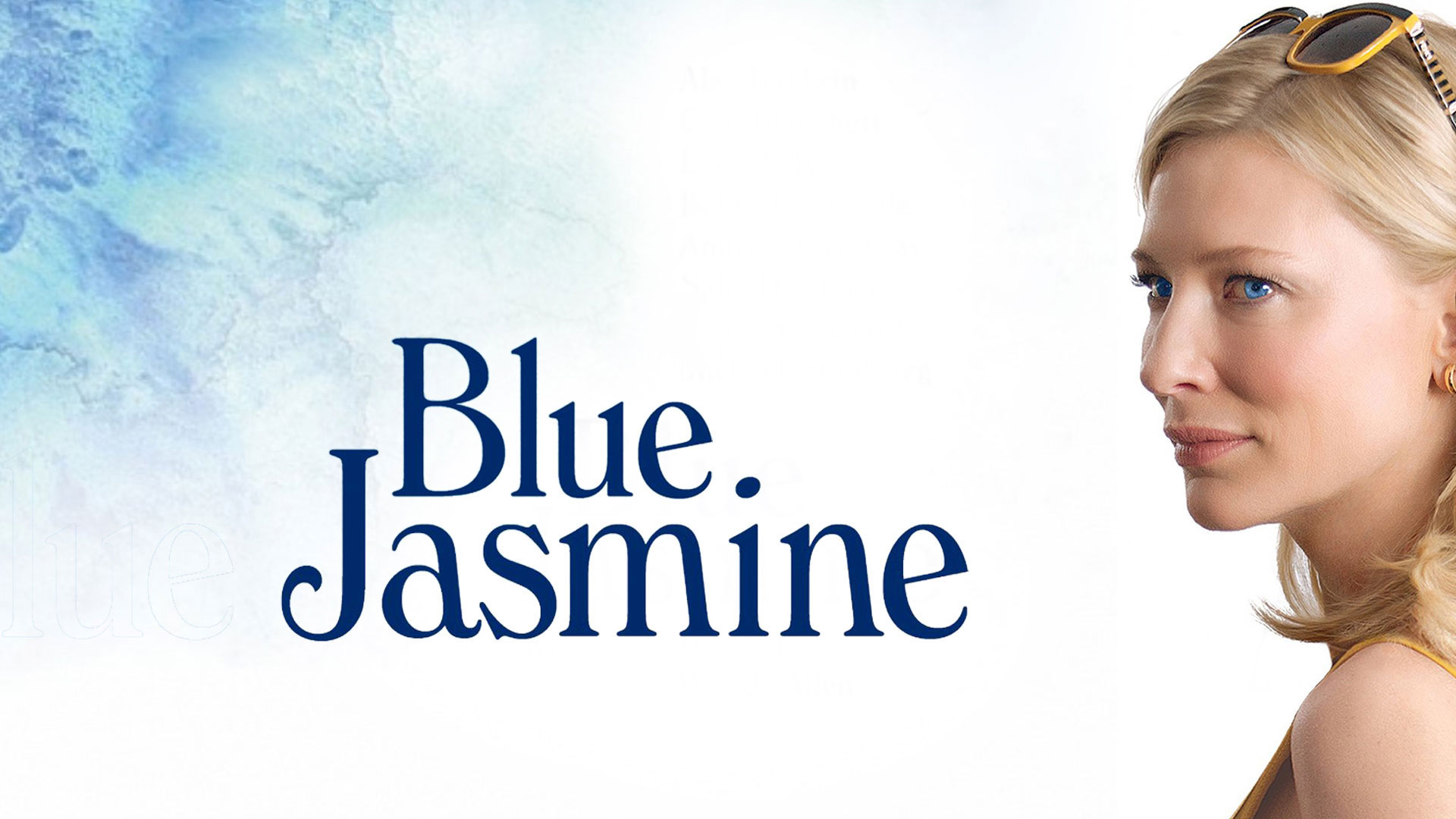Blue Jasmine (2013)

Blue Jasmine is a 2013 American drama film written and directed by Woody Allen. The film tells the poignant and emotionally charged story of Jasmine French, a once wealthy and socialite woman from Manhattan, whose life unravels after her husband is arrested for business fraud. As she spirals into a state of poverty and homelessness, Blue Jasmine explores themes of identity, mental health, and the consequences of deceit, making it one of Allen’s most thought-provoking works.
The central character, Jasmine, is portrayed by Cate Blanchett, whose performance is nothing short of remarkable. Once a woman of wealth and sophistication, Jasmine is now forced to confront the harsh realities of life as she moves in with her sister in San Francisco. As she struggles with her loss of status and the scandal surrounding her husband’s downfall, Jasmine’s psychological state deteriorates. Blanchett’s portrayal of the character is layered and complex, capturing both the vulnerability and the arrogance that once defined Jasmine’s life.
Woody Allen’s screenplay delves deeply into the fragility of human nature, particularly when faced with drastic life changes. The film moves between present-day events and flashbacks, revealing how Jasmine’s life of privilege was built on a lie. As she faces the fallout of her husband’s arrest for financial fraud, Jasmine’s world shatters, and she becomes increasingly isolated. The narrative cleverly intertwines her tragic past with her present struggles, providing a nuanced view of her mental decline.

The film also highlights the contrast between Jasmine’s former glamorous life and her sister Ginger’s more modest existence. Ginger, played by Sally Hawkins, is the antithesis of Jasmine. While Jasmine once reveled in the high society of New York, Ginger leads a simpler life, working hard and struggling with her own relationships. The dynamic between the two sisters forms a significant emotional core of the film, with Ginger offering both support and frustration as Jasmine’s mental health worsens.

The psychological elements of Blue Jasmine are explored in depth, as the film delves into Jasmine’s fragile state of mind. As she grapples with her personal demons, her inability to accept reality leads her to make increasingly irrational decisions. Her mental breakdown is portrayed with chilling accuracy, and the film does not shy away from showing the consequences of her actions. Blue Jasmine raises important questions about the impact of wealth, social status, and self-deception on one’s mental well-being.

In conclusion, Blue Jasmine is a powerful drama that showcases Woody Allen’s ability to create complex, multi-dimensional characters. With a standout performance from Cate Blanchett, the film captures the unraveling of a woman’s life as she faces the consequences of her past. Through its exploration of loss, identity, and mental health, Blue Jasmine offers a sobering reflection on the fragility of the human spirit. It is a must-see film for anyone interested in deep character studies and poignant storytelling.











